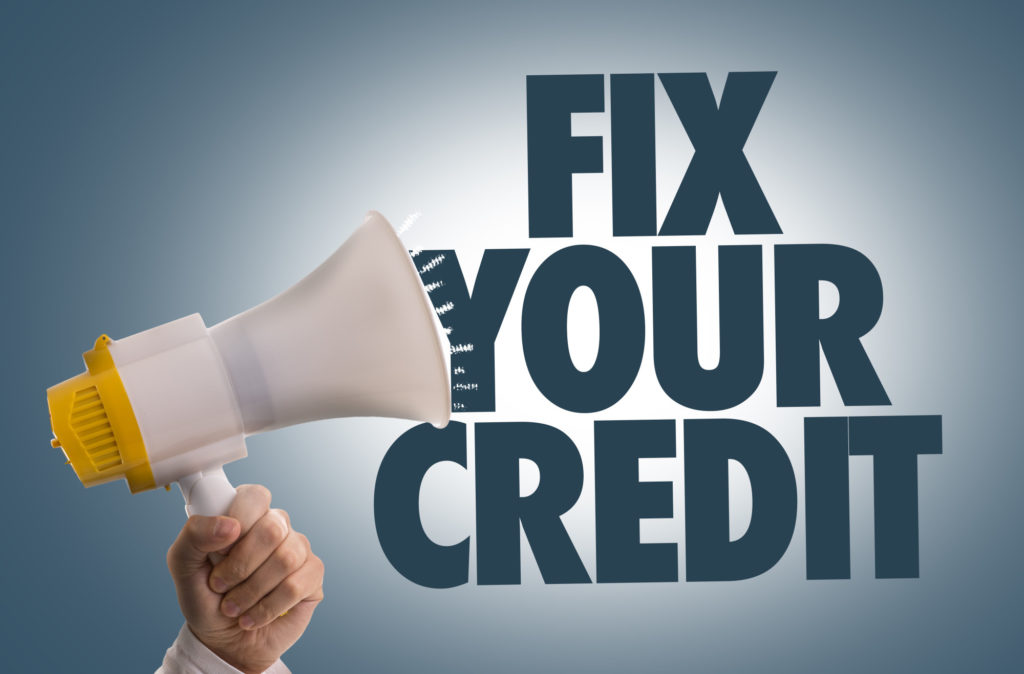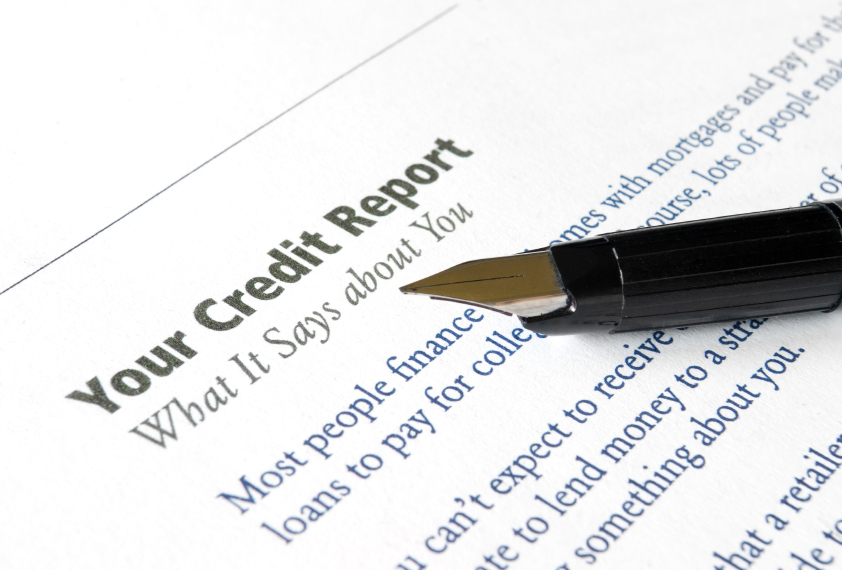
If you’re worried about how bankruptcy will affect your credit score, read on.
In ancient Greece, defaulting on debt could mean risking your autonomy. “Debt bondage” was a form of enslavement whereby you could only resume your freedom once you paid off your debt. This debt could even be inherited from family members and passed down over generations. Luckily for the 340 million Americans in debt today, new debt relief methods have since come to exist.
Bankruptcy allows individuals to gain control of their debts and begin anew. However, if you are thinking about filing for bankruptcy, you may be concerned about its effects on your credit score.
Below I’ve outlined the ways bankruptcy can help your credit score in the long run, so that you can get started down the road to financial freedom.
What Happens When You File Bankruptcy?
Bankruptcy is a legal proceeding in which an individual asks the bankruptcy court to eliminate certain debts. In exchange for this, you agree to disclose certain financial information, including monthly income, expenses, and your debts .
During your bankruptcy, your income, assets, and liabilities will be examined to decide whether or not your debts should be eliminated.
There are several different types of bankruptcy. Which chapter you file differs for individuals, partnerships, or businesses. The majority of individuals will file one of two types of bankruptcy: Chapter 7 or Chapter 13.
People who file for bankruptcy may do so for various reasons. These may include unexpected or costly medical bills, loss of employment, divorce, or other unexpected life events.
Chapter 7 vs. Chapter 13 Bankruptcy
These are the two most common forms of personal bankruptcy for individuals and married couples alike. Both types will have an impact on your credit score, but future lenders may have their own preferences, viewing one type in a more favorable light than the other.
Chapter 7 Bankruptcy
Otherwise known as a “straight bankruptcy,” your personal property remains exempt (protected) up to a specified dollar amount. These exemptions can include your house, car, and even furniture. Property that falls under the category of non-exempt (unprotected) may be sold off (or you might be able to buy it back) to pay your debts.
Filing for chapter 7 bankruptcy takes between 4 and 6 months on average to complete. Income qualifications for this type of bankruptcy vary from state to state.
To qualify, you must not have enough income to pay even a portion of your debts off. If you have a substantial income, you must instead file under Chapter 13 bankruptcy.
Chapter 13 Bankruptcy
Under chapter 13 bankruptcy, you may keep your personal property rather than sell your belongings to pay your debts. This method allows you to pay back debts over time.
Think of this method as a debt payment plan, set over a period of 3 to 5 years. To qualify, you must have a stable source of income. Unlike Chapter 7 bankruptcy, there are no maximum income limitations.
You will make monthly payments to a “trustee” who the court appoints. This method essentially consolidates your debt into a single amount; then, the trustee distributes your payments to the appropriate creditors.
Chapter 13 bankruptcy can allow debtors to catch up on delinquent payments, re-negotiate current payment plans on past due bills, and even stop foreclosure proceedings.

How Will Bankruptcy Affect Your Credit Score?
You may have heard that bankruptcy affects your credit for as long as 7 to 10 years. While those numbers reflect the length of time it will remain on your file; it doesn’t mean your credit will be negatively affected for that long. Declaring bankruptcy is a one-time event and is reflected on your credit report as such. Furthermore, credit rating systems focus on current events more than the past.
So, as your bankruptcy ages, the older your debt becomes on your credit report, meaning it will have less and less of an impact on your credit score over time. Those with a high credit score will see the most significant drop in points. Conversely, if your credit score is low to average, you may see a slight drop in your score, and possibly none at all.
For others, filing for bankruptcy may even cause a rise in your credit score. That is due to large amounts of debt discharged at once. On average, people restore their credit rankings to good standing within 1.5 to 3 years. Some of our clients have reported credit scores of over 700 within six months of filing.
The first six months to a year after filing for bankruptcy, you’ll be considered a “sub-prime” borrower. After that, you may still have access to certain credit cards and loans, though the terms and conditions may not be too desirable.
But with time, your credit will rise. You might even be surprised to find your FICO score to be higher than pre-bankruptcy once you’ve eliminated your debt.
Improving Your Credit Score After Bankruptcy
Once you file bankruptcy, your credit can only go up from there – the bandage has been ripped off, and now the healing process can begin. Be sure to check your credit report periodically within the months following your bankruptcy to ensure your debtors made the proper updates without any reporting errors. I usually suggest that my clients not check their credit reports for 90 days after they get their discharge order, just to give creditors time to accurately report to the credit bureaus.
Additionally, tools such as secured credit cards and making payments for student loans on time can help you rebuild your credit.
Deciding if Bankruptcy Is Right for You
If you’re worried about a bankruptcy affecting your credit score, let’s take a look at the alternative. When you cannot afford your debts and continue to default on your loans and bills, your credit score will take a big blow. That will continue as you also accumulate fees, falling further into debt. Eventually, you’ll be stuck playing a tough game of “catch-up” while you accumulate collections accounts.
When you’ve fallen behind on your debts, it’s important to be proactive; doing nothing is often the worst thing you can do.
Free Yourself From Debt and Improve Your Credit – Talk To An Experienced Denver, Colorado Bankruptcy Attorney
Bankruptcy doesn’t have to be a last resort – in fact, it may be the better option in many cases. If you’re struggling to make payments and your goal is to rebuild your credit, bankruptcy can effectively wipe out most, if not all, of your debts and even out the playing field.
Talk to an experienced Denver, Colorado bankruptcy lawyer today. We offer free consultations – so you can get ahead of your debt before you fall behind!
Check out our client reviews on Google, Facebook, and Avvo!


